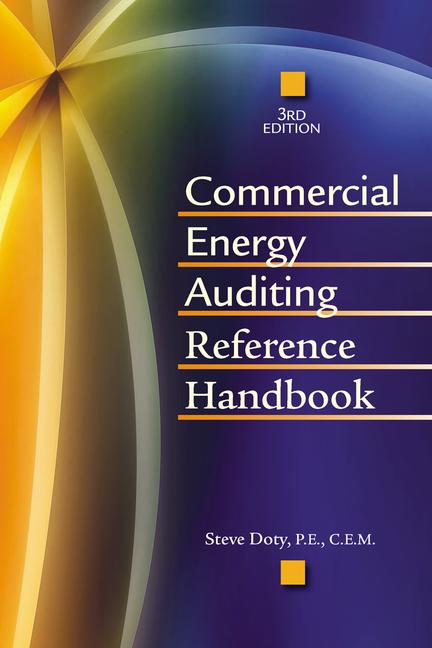Why Not Just Do It Yourself?
While you could do the same thing, most of us lack the time or expertise to find niche opportunities, outright mistakes, or novel ways to qualify for rate reductions. Bill auditing services may also have proprietary software to help find accounts placed on the wrong rate, screwed up metering, or billing data entry errors.A Big Gamble May Call For A Big Reward
Such services may offer a "shared savings" approach that often looks good on paper. An auditor examines your utility bills (past and future) at no charge, in exchange for a deal to split any savings 50-50. Since you may never have uncovered the error on your own, that 50% is "found" money with no up-front cost. While 50% may seem steep, the auditor will tell you that he's taking a risk that no savings will be found and must cover all his costs through that split.
Some contracts include other clauses that go beyond simple refunds. A common condition is that payments for such overcharges continue at the 50-50 rate for three to five years. The logic is simple: If the bill auditor had never found the mistake, you would have been paying extra forever, so sharing the rate reduction for a few years is a small price to pay. In other cases, some bill auditors try to lay claim to savings (or rate reductions) found instead by their customers. Few imagine such difficulties could arise when signing a one-page contract that involves no cash outlay.
Sign In Haste, Repent At Leisure
Facility managers can be put into difficult positions within their organizations if they sign such contracts without carefully considering possible consequences. Here's an example:
A large institution was charged for municipal water/sewer services for years based on erroneous metering. The auditor caught the mistake and secured a one-time refund exceeding $200,000. He then submitted his own bill, charging $50,000 a year for the next 5 years. The facility manager who had signed the contract lacked the authority to sign off on such large payments. When he tried to get his boss to do so, a question arose regarding how the manager had allowed the mistake to go unnoticed for so long. Not only was the manager's job jeopardized, but the institution's attorneys got involved. They claimed that the manager was not legally authorized to sign the contract and blocked payments to the auditor, who then sued for damages, and won.
Not All Bad
Not all bill auditing contracts are bad. In many cases, it makes a lot of sense to hand over bill verification to somebody more skilled than an accounts payable clerk. Here's one way that's worked for some customers:
- Have all utility bills for the prior two years reviewed by an energy services professional for a flat fee, plus a small percentage for found errors. The service should also verify that the customer is on the lowest applicable rate for each utility.
- If the customer is on the wrong rate, correct that problem and secure any one-time refunds.
- Once a correct rate baseline has been established, contact several bill auditing services and request customer references and sample contracts. Some are listed at www.retailenergy.com/mpd/mpd29.htm.
- If a decent contract is developed, have it reviewed by your firm's attorney, accountant, and the officer with authority to sign off on payments equivalent to 10% of the annual utility bills to be covered by the contract.
- Have that officer sign the contract and a memo reviewing the due diligence process that preceded the signing so any future blame (or credit) is placed appropriately.
- Equip the facility manager responsible for watching over energy costs with an energy accounting program like those discussed in my March 2002 "Energy Wiz" column. Such programs won't find new rate options, and aren't as clever as a hungry auditor, but they can quickly point to possible meter errors and other basic problems.



